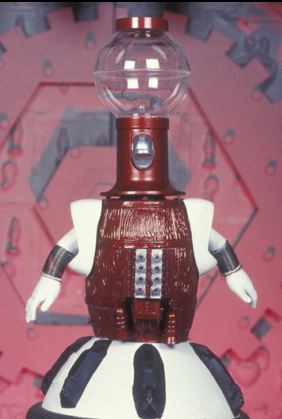Enjoy The Ride.
I was unusually late in getting my driver’s license (which I’ve chronicled here and here and even here). At least I was late getting it for where I live. In New York or many parts of Europe it wouldn’t be that unusual to not have a driver’s license, but I live in an area where it’s hard to get around without driving–or, in some cases, impossible. Being able to take the bus home most days is a luxury I don’t take for granted–some of my co-workers are five miles or more from the nearest bus stop, and once on the bus I talked to a woman who had to change jobs because the city was eliminating a bus route.
I don’t take the luxury of driving for granted either. When I want to go to a place that buses don’t go to, or that they only go to very rarely on weekdays and never on weekends, or when I just want to go when I want to go without having to walk to the bus stop which, even where I live, is a pretty good hike. It’s because I can drive that I got a membership at the YMCA where I regularly go to swim. I love to swim. It’s liberating, it frees me from gravity, and under the water it’s just me and my thoughts.
And then one day I dropped off the car to have something worked on. There was a bus stop conveniently placed near the car repair place, so I took my gym bag. The same bus went right by a Y on the other side of town, and I found another kind of liberating experience. I didn’t have to drive. The fare was less than I would have spent on gas and parking. I was only bound by the bus schedule, but I had the luxury of time.



 That should give some idea of how hard it must have been for the artist–and, yeah, I’m using that term very loosely–to make that leap. And whoever it was probably did it at night. There are a few businesses around and the alley is pretty open–several parking lots back up to it–but I’m pretty sure it’s not a well-lit area. And the individual had to cross all that roof space. I’d give it a medium level of difficulty.
That should give some idea of how hard it must have been for the artist–and, yeah, I’m using that term very loosely–to make that leap. And whoever it was probably did it at night. There are a few businesses around and the alley is pretty open–several parking lots back up to it–but I’m pretty sure it’s not a well-lit area. And the individual had to cross all that roof space. I’d give it a medium level of difficulty.








